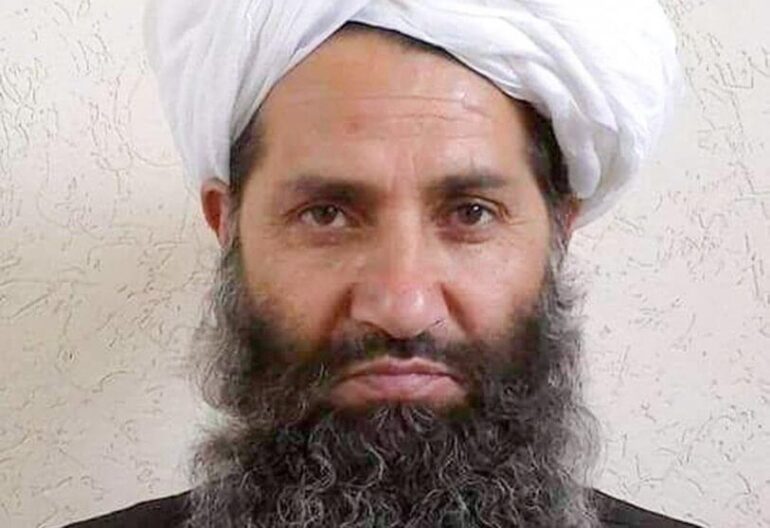Amid a flurry of oppressive decrees against women and girls, the ever worsening humanitarian crisis and international condemnation, the Taliban supreme leader, Mullah Hibatullah Akhundzada, and his “Kandahar-based clique” according to the Brookings Institution, have tightened their grip on power and decision-makings within the group.
The group’s governing method has become more repressive, with the General Directorate of Intelligence (GDI) under the command of Sirajuddin Haqqani, as the “principal tools of repression.”
Hibatullah Akhundzada, the Brookings’ Vanda Felbab-Brown says, “has repeatedly dismissed input from other Taliban factions, especially more pragmatic, internationally oriented Taliban leaders.” And his refusal to listen, has frustrated some senior figures in the group to seek for ways to remove him and replace his position with a Rahbari Shura (Leadership Council), “whereby decisions would be reached by consensus within the shura and then approved by the amir, Haibatullah.”




